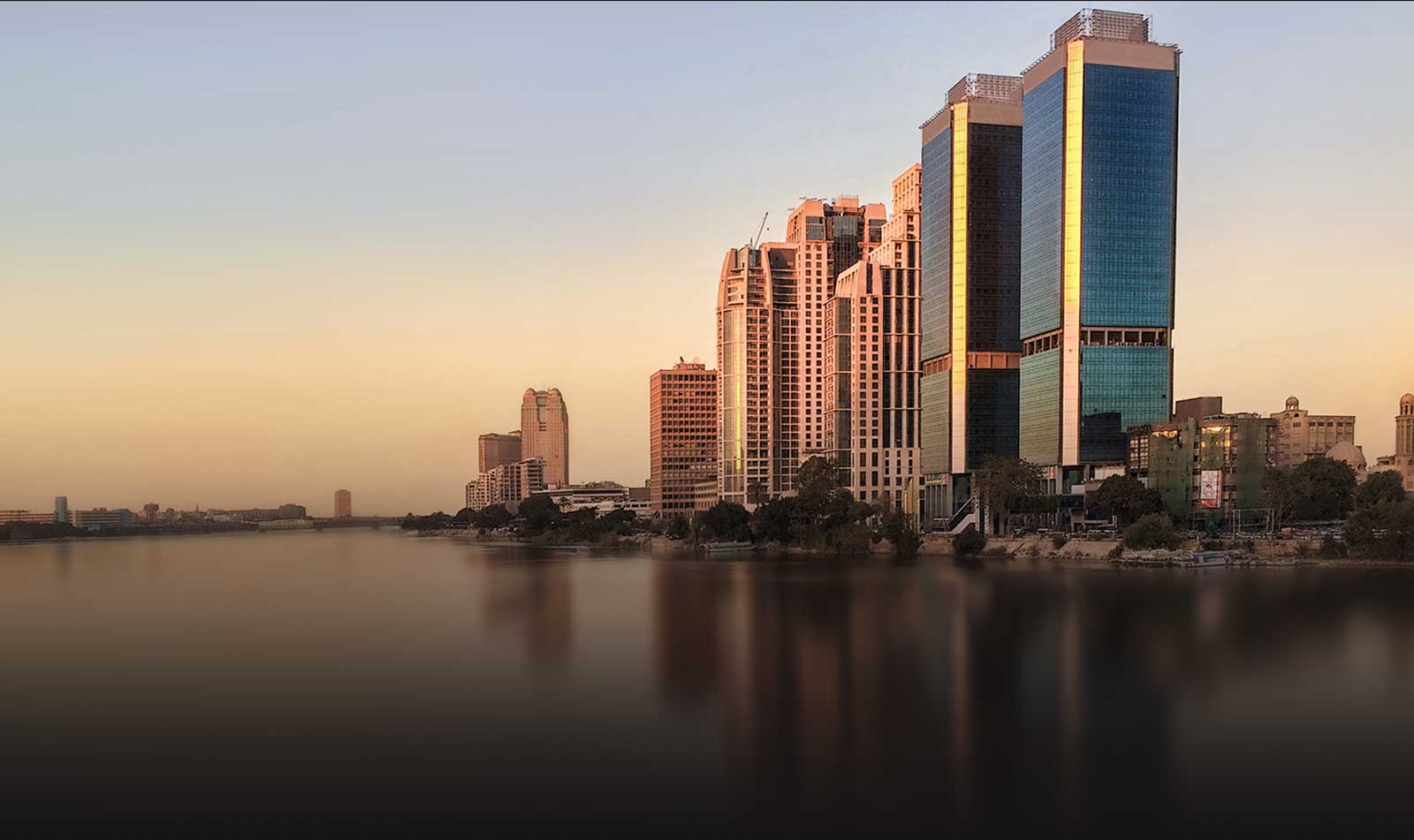“Egypt is the gift of the Nile” is a famous statement made by the famous Greek traveler and historian Herodotus that indicates the extent of the importance of the Nile to Egypt.
Some of the great Egyptian historians responded to this statement saying that Egypt is the gift of the Nile and the gift of the Egyptians who were able to tame the Nile and establish centers of stability and civilization in Egypt in particular. From here comes the importance of what the great Egyptian thinker Gamal Hamdan called in his encyclopedia The Character of Egypt “The Nile Dimension”, which is one of the most important dimensions of the Egyptian personality. Because the Nile is the lifeblood of Egypt, all Egyptian rulers, since ancient times, have always been keen on securing the south, the source of the Nile.
This activity was not military in particular, but Egypt employed its soft power mainly.
This may be evident in the extension of the influences of the Pharaonic civilization to the south, especially the regions of northern Sudan. Even with regard to religions, Christianity reached Africa through Egypt, and this explains the relation between the Ethiopian Church and the Egyptian Coptic Church until the 1960s. The Coptic Church intervened a lot in resolving disputes between the rulers of Egypt and the rulers of Abyssinia (Ethiopia now).
Most of these disagreements focused on the fear of Ethiopia cutting off the water supply to Egypt. Moreover, Al-Azhar played an important role in receiving Ethiopian Muslims to study and learn at this renowned institution. However, the current crisis between Ethiopia, on the one hand, and Sudan and Egypt on the other hand, is related to Ethiopia’s refusal to accept the Nile water treaties and agreements, and its argument is that such agreements were made during colonial times even though most territorial and political borders agreements were made during these times! Opening the door to the rejection of these agreements without reaching a new formula, through calm and meaningful negotiations, threatens the stability and security of the entire African continent. This will be further discussed in the lecture.



